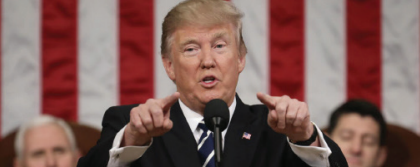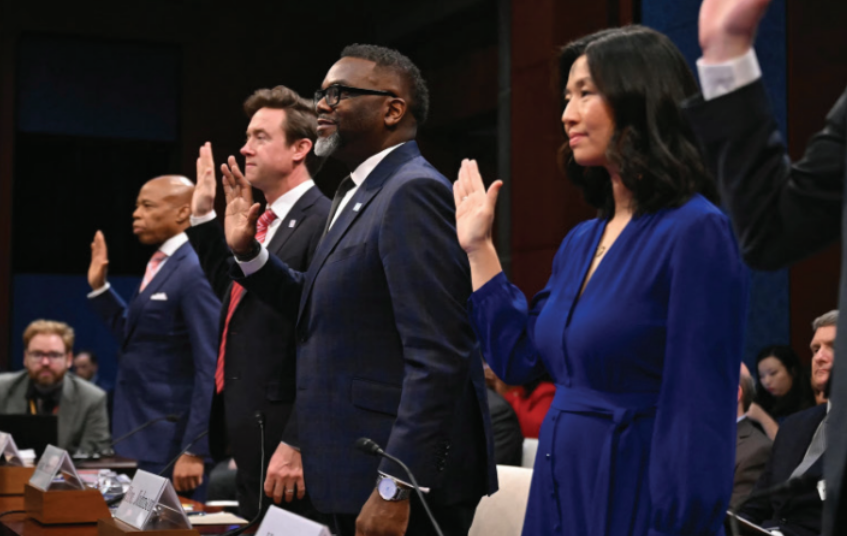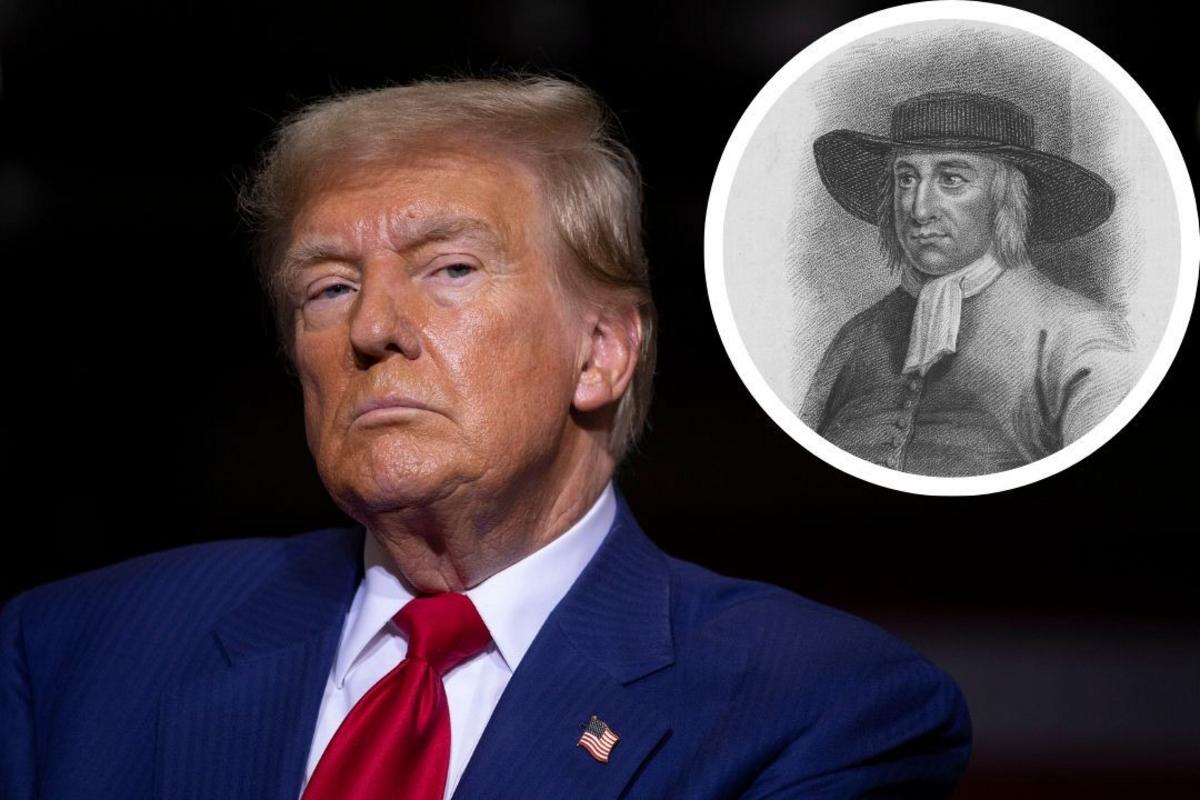At CRLS, Cole Killian ’19 was known for starting Aspine, a cleaner and more user-friendly version of Aspen. Now, he is known for being a member of Elon Musk’s Department of Government Efficiency (DOGE), along with several other 19 to 25-year-old engineers. At least two others have ties to the Boston area: Edward Coristine, a Northeastern student, and Ethan Shaotran, a senior at Harvard University.
The Department Of Government Efficiency (DOGE) is a small unelected body that has been slashing through government spending programs and pressuring government employees to resign. It is personally headed by Elon Musk, the richest man in the world, and Vivek Ramaswamy, a business entrepreneur and longtime Trump supporter. The stated goal is to eliminate wasteful spending and modernize government infrastructure; so far, DOGE has attempted to cut off U.S.A.I.D., the US agency for providing international humanitarian aid, and many Democrats are concerned that the Department of Education and the National Oceanic and Atmospheric Administration (NOAA) could be next.
Killian is currently listed in the staff directory for the Environmental Protections Agency. He moved to Cambridge in 2019 from Bethesda, Maryland, and attended McGill University after graduating from CRLS.
While most Americans agree that the government bureaucracy could be more efficient, many have taken issue with the strategies DOGE has used. Linda Bilmes, a senior lecturer in Public Policy for the Harvard Kennedy School, told the Register Forum that she had hoped Musk would bring the innovation and risk-taking of the tech industry to the government. Instead, “Musk is bringing the worst of the tech culture: the ‘let’s blow it all up and start over.’ That just doesn’t work in government without a huge number of people getting hurt.” Bilmes described the effort as “cutting off an arm to lose weight”; another senior lecturer at HKS, John Donahue, compared DOGE to “doing brain surgery with a sledgehammer.”
Some experts argue that DOGE lacks sufficient experience or expertise in government. In reference to the DOGE team, Donahue told the Register Forum, “I don’t deny their talent, so I don’t even deny their good intentions, but they do not know what they’re doing.”
Since Trump’s inauguration in January, DOGE has been given unprecedented access to private American financial records. On February 4th, Wired reported that members of the team had direct access to the Treasury Department systems directly responsible for all payments made by the federal government: veteran’s payments, social services, and more.
President Trump has condoned the actions of Musk and DOGE thus far, despite calls that they are unconstitutional and compromise Americans’ privacy. Rachel Williams-Giordano, a CRLS APUSH and AP AFAM teacher, explained how the department has been justified thus far. “Whoever is interpreting the Constitution, which is our judicial branch, that is the conclusion that we’re coming to in the United States; that’s part of the social contract.”
Thus far, the Supreme Court has taken little action against Trump and DOGE. The New York Times has characterized Trump’s far-flung executive actions as “flooding the system”: acting so quickly that the judicial branch, which works more slowly, isn’t an effective check.
Some action has been taken by the judiciary. On February 8th, a federal judge issued an emergency order to suspend DOGE’s access to federal data and payment systems, while another judge halted DOGE’s efforts to place thousands of U.S.A.I.D. employees on leave. But both Trump and Musk seem to be undeterred by the temporary setbacks, and determined to continue with their plan to drastically reduce the number of federal employees.
Upon graduating, Cole Killian told the Register Forum, “It’s exciting times.” It certainly is.
This article also appears in our February 2025 print edition.




















